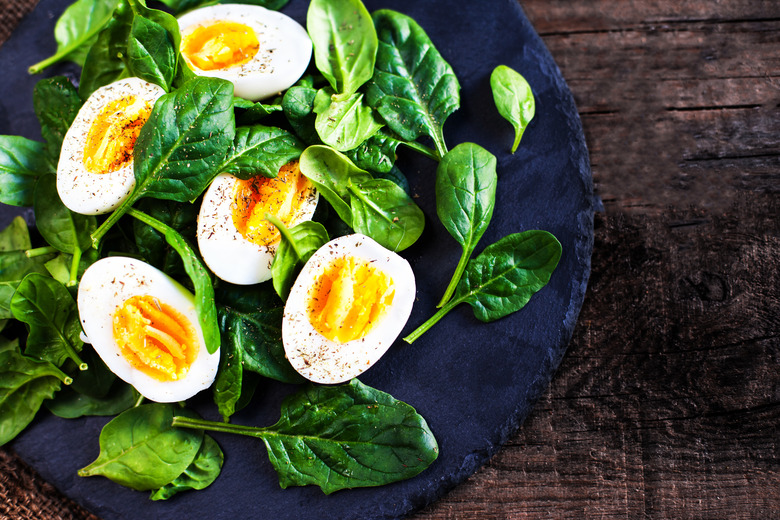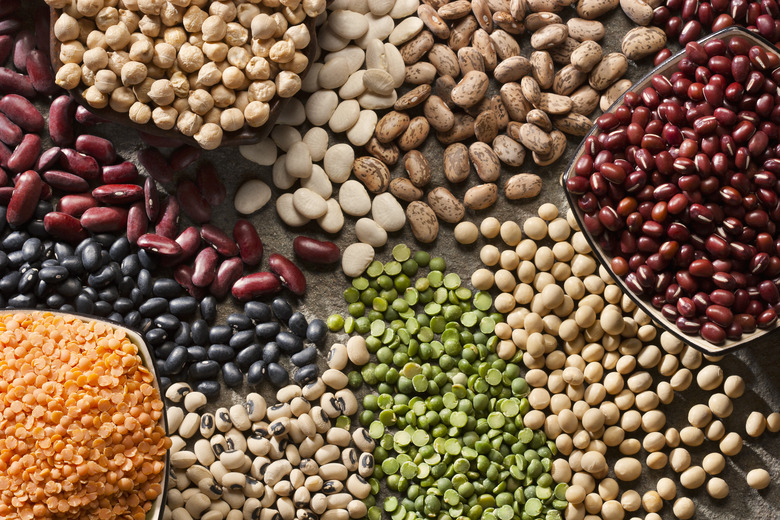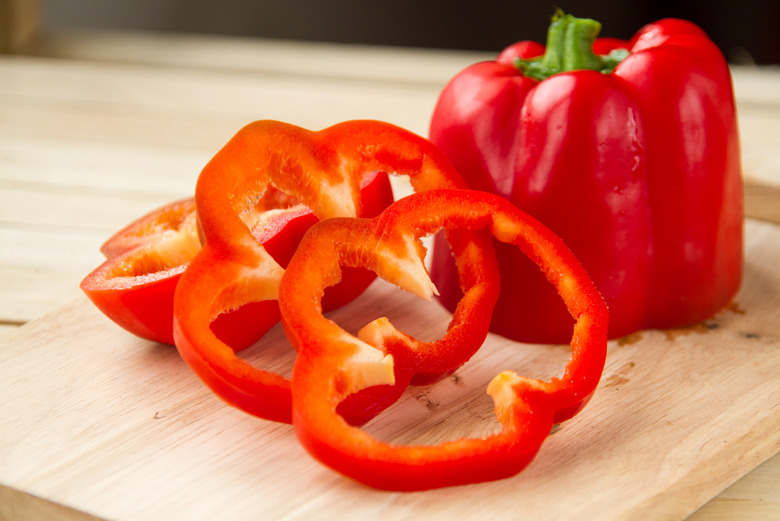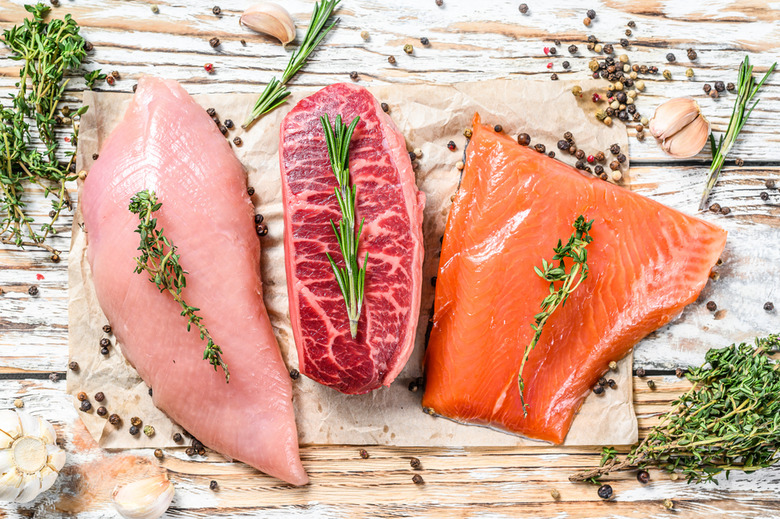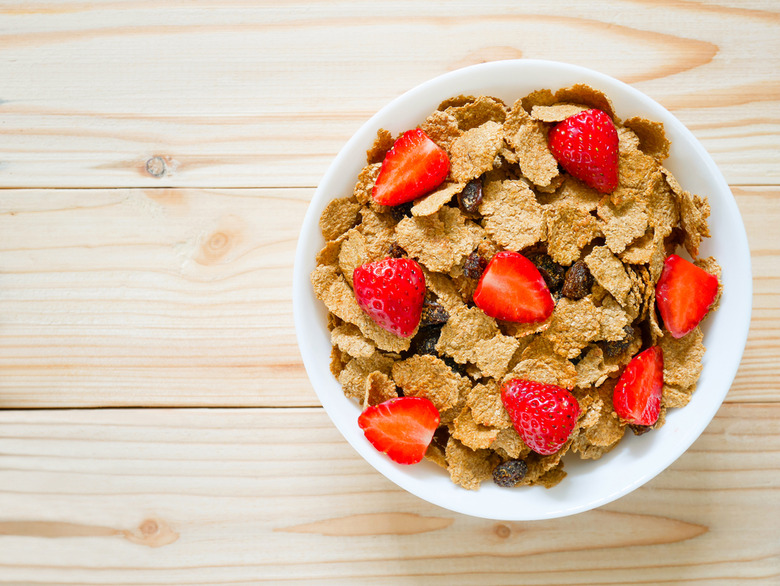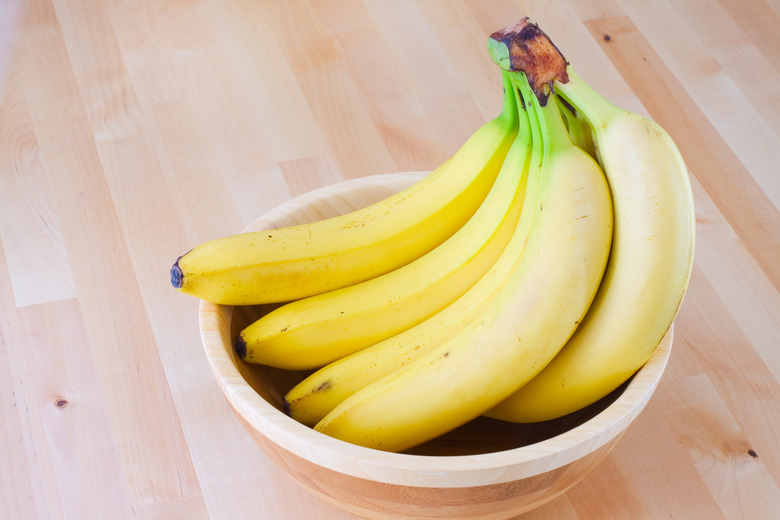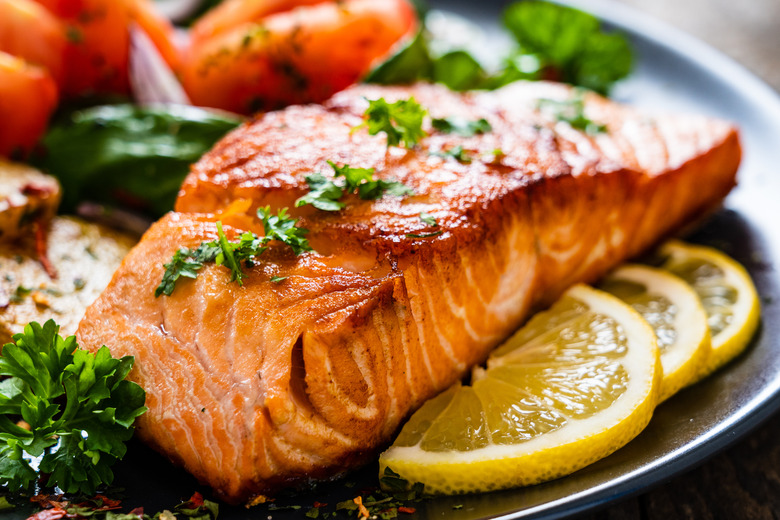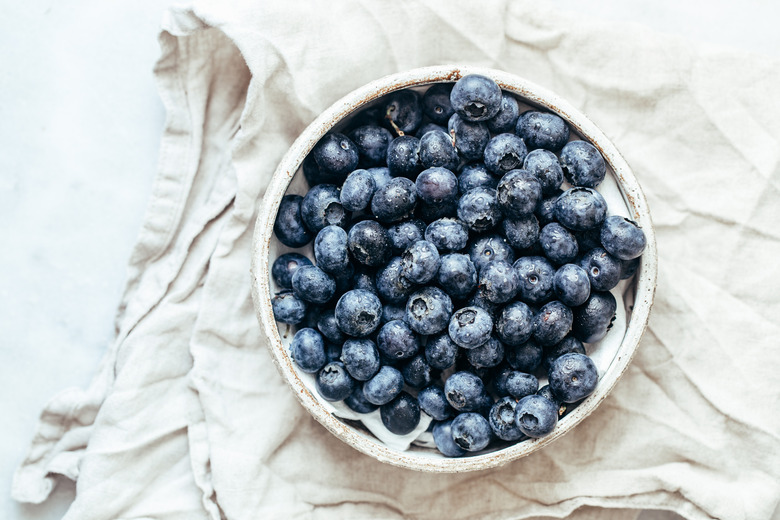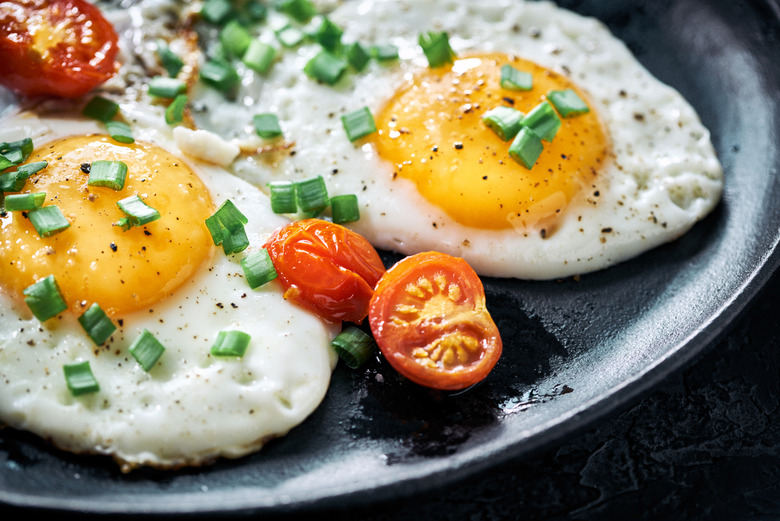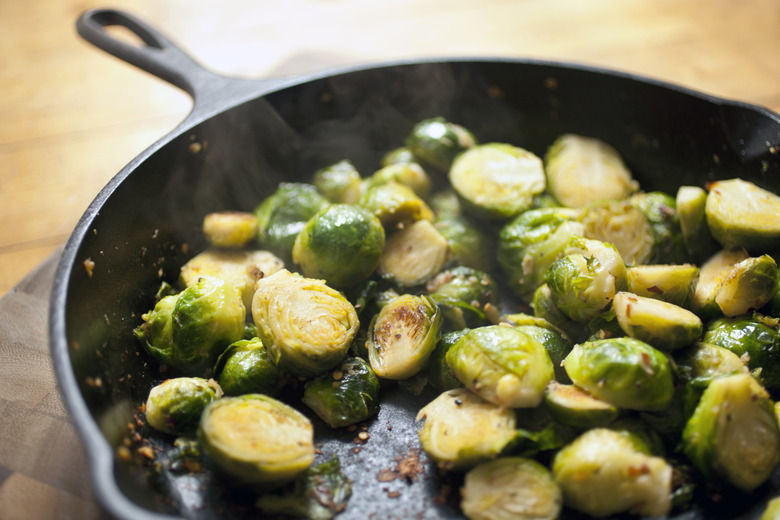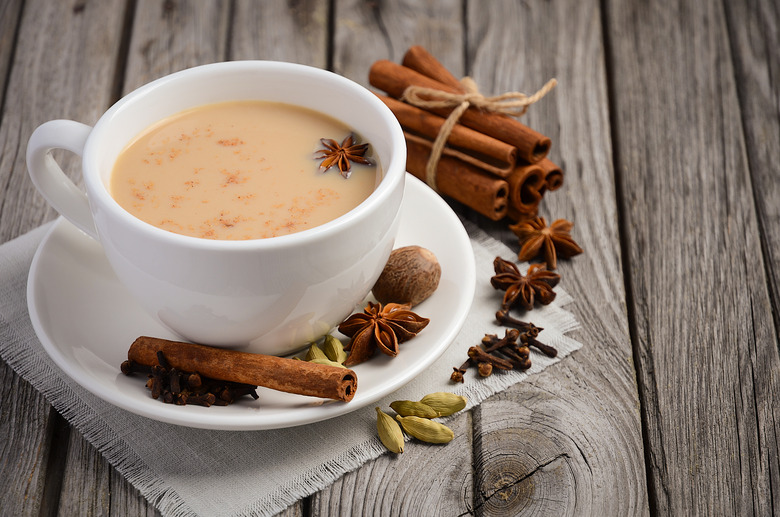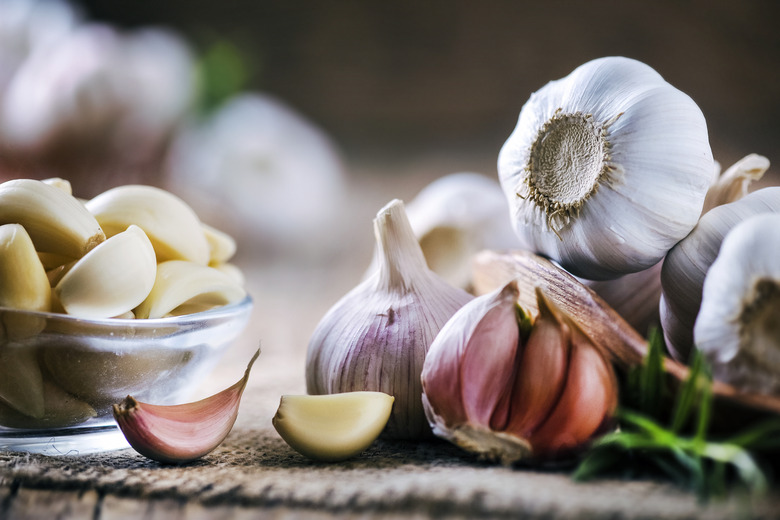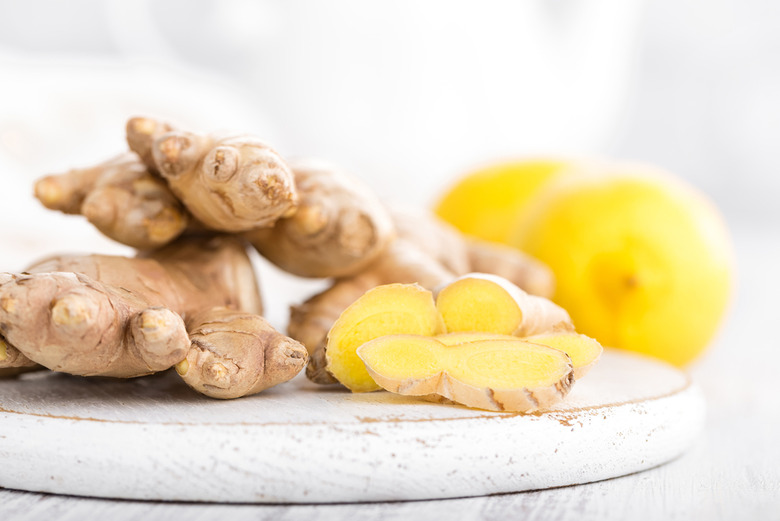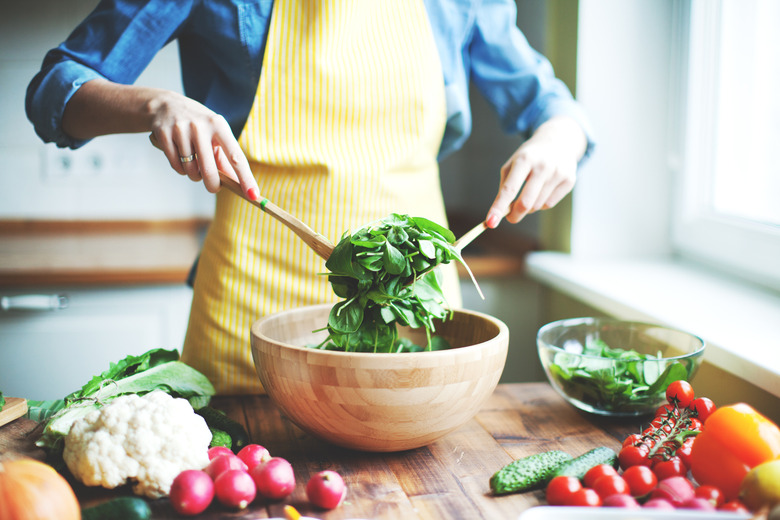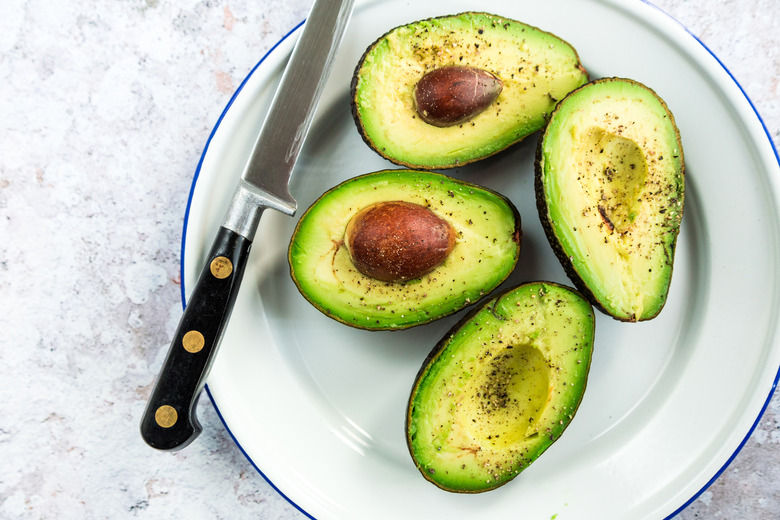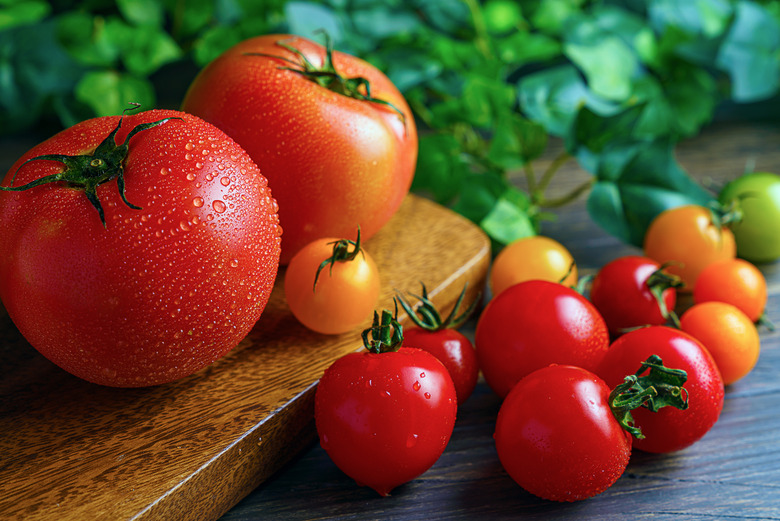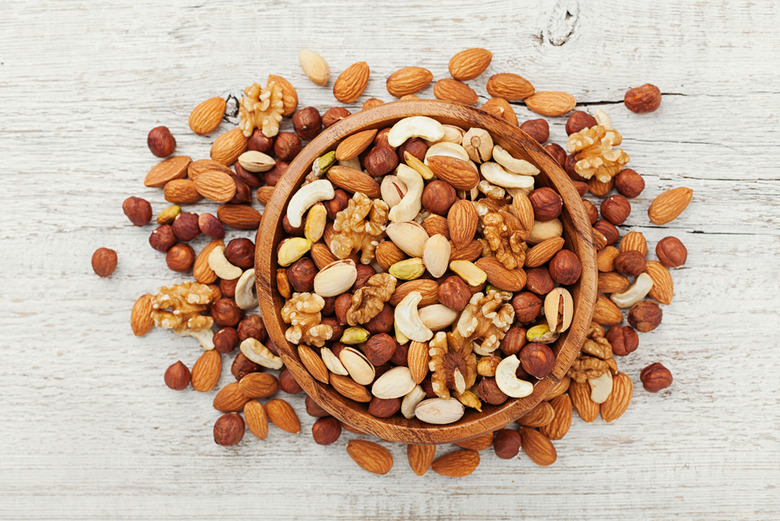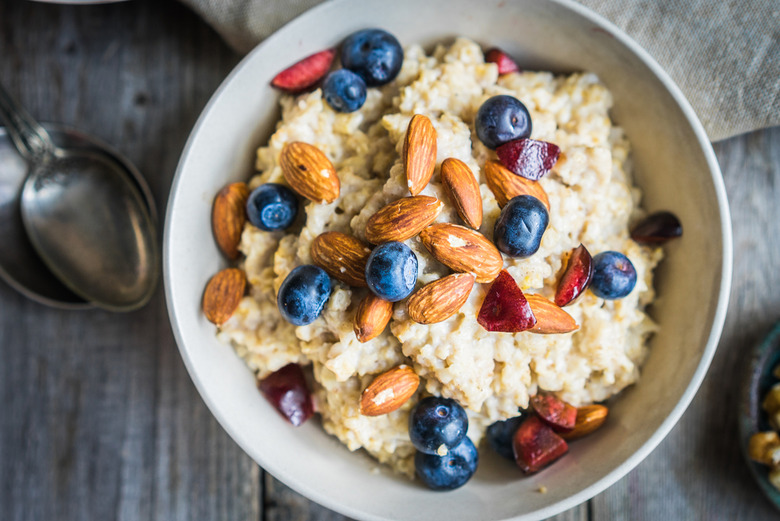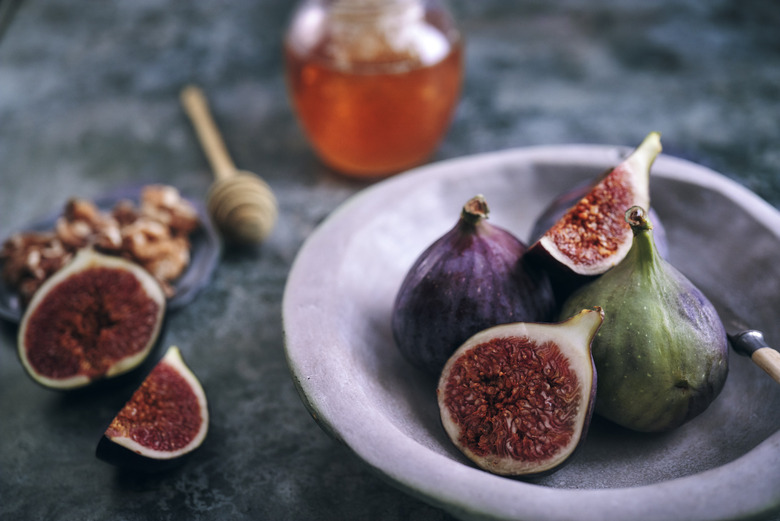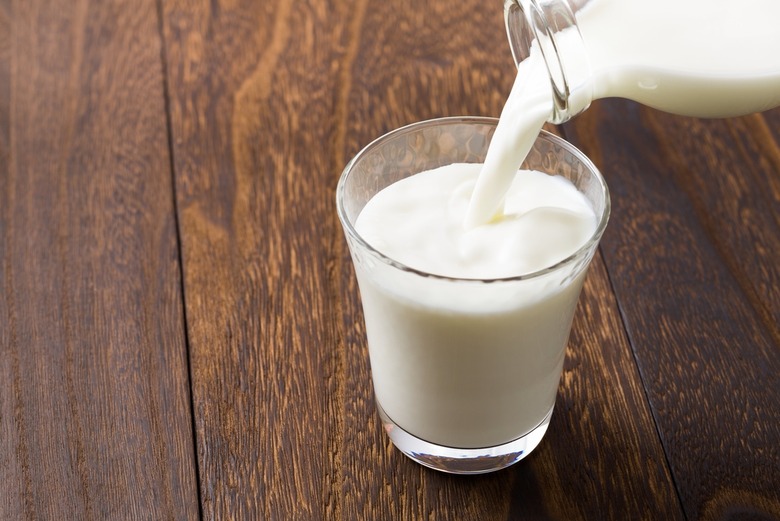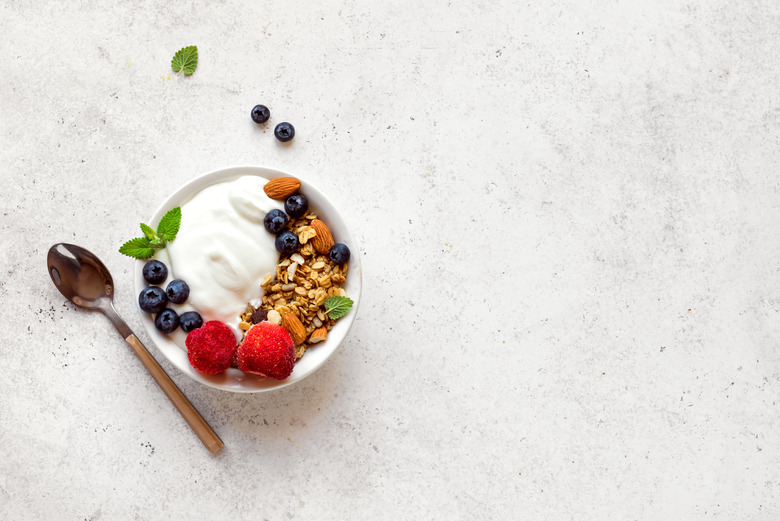Diet For Women: Foods To Eat Once A Week
Eating a well-balanced diet with minerals, nutrients, healthy fats, fiber, protein and more is incredibly important to a woman's overall health. But it can be daunting and complicated, and you may not know where to start. However, sometimes making better decisions for your body can simply be about adding a cup of yogurt here and a boiled egg there, instead of trying to take on a vigorous meal plan.
As for what to add, start with these foods at least once a week.
Beans and lentils
Beans and lentils are a versatile and delicious source of plant-based protein — but most importantly, they're full of iron. Iron deficiency is most commonly seen in women who are menstruating or pregnant, and not getting enough can lead to iron-deficiency anemia, which causes fatigue and shortness of breath. If you can't find dried beans, the canned varieties are inexpensive and can be quick meal-starters.
Red bell peppers
Red bell peppers have 117 milligrams of vitamin C per cup, which makes them a colorful and delicious ingredient to pair with foods high in iron like beans and lentils or lean meat. They're crunchy, sweet and make a perfect vehicle for hummus. Eating all the colors of the rainbow is a habit you should steal from people who never get sick.
Red meat, poultry
When it comes to iron, there are two types: heme iron and non-heme iron. The latter includes beans and lentils as most non-heme iron is from plant sources, whereas heme iron is found in animal products that originally contained hemoglobin, such as red meat, fish and poultry. Your body absorbs the most iron from heme sources and women should aim to eat lean meat at least once a week. And if you're vegetarian, load up on non-heme sources and pair them with a vitamin C source to boost absorption.
Fortified foods like breakfast cereals
Fortified foods are extremely important for women, and even more so for women who plan to become pregnant. According to the Centers for Disease Control and Prevention, if a woman has enough folic acid in her body before and while she is pregnant, the baby is less likely to have a major birth defect of the brain or spine. The CDC recommends women get 400 micrograms (400 mcg) of folic acid every day. Women can get most of their day's grains with a bowl of fortified cereal for breakfast, a lunchtime sandwich made with two slices of whole-wheat bread and whole-wheat pasta for dinner.
Bananas
Bananas have a lot going for them and they're such a versatile fruit to have on hand. They are an excellent source of potassium, which is a vital mineral and electrolyte in the body that helps regulate the signals the heart uses to beat regularly and muscles use to contract. Who would have thought something that is just thrown into simple smoothie recipes and bread carries such an essential mineral?
Salmon
The fish oil found in salmon is rich in omega-3 fatty acids. Omega-3s are not only heart-healthy and beneficial to your brain, but they also provide one of the best sources of bone-building vitamin D. Women are much more likely to develop osteoporosis as they age, which can lead to broken bones — so stocking up on the best foods for vitamin D can go a long way.
Blueberries
Blueberries are brimming with antioxidants, which are thought to help neutralize free radicals in our bodies and boost overall health. The little gems are also packed with fiber, are naturally sweet, good for your heart and easy to incorporate into your diet. Pop them in your mouth plain, buy them frozen to make smoothies or bake them into muffins and scones.
Eggs
An overlooked but essential nutrient found in eggs is choline, which is vital for the functioning of all cells. Studies have shown that choline intake could also reduce women's risk of breast cancer. There are 101 delicious ways to cook an egg, so it's a no-brainer. According to the National Institute of Health, women should consume at least 425 milligrams of choline a day, and an egg itself has 147.
Brussels sprouts
Brussels sprouts are crunchy little balls of green packed with nutrients like vitamin A, vitamin C, potassium and folate, which might be some of the vitamins you're missing. There's also ongoing research that shows Brussels sprouts contain phytochemicals that may have the potential to prevent cancer, including the possibility that the nutrients in the cruciferous vegetable can combat excess estrogen that leads to breast cancer in many women. If you find Brussels sprouts bitter, try cooking or roasting them in olive oil, garlic, salt, pepper and a squirt of fresh lemon juice. Also make sure to buy them when the produce is in season.
Cinnamon
Cinnamon contains cinnamaldehyde, which can help fight viruses, lower blood sugar, lower cholesterol and even help to prevent Alzheimer's and other neurological disorders, according to some studies. Add a stick to a cup of tea or coffee or sprinkle some cinnamon on oatmeal.
Garlic
Though garlic breath may not be appealing, the pungent smell is well worth it. Garlic works as an anti-inflammatory and the antioxidants and antibacterial properties can even act as a clearing agent for your skin. On top of adding garlic to your diet, here are the most inflammatory foods to avoid.
Ginger
Like garlic, ginger has anti-inflammatory properties and helps boost the immune system. According to a study published in the journal BMC Complement Altern Med, ginger may have potential in the treatment and prevention of ovarian cancer. As a bonus, ginger has also been known to help alleviate nausea, and for women who deal with nausea symptoms during their menstrual cycles, ginger can be an effective alternative treatment.
Leafy greens
The darker the green, the more nutrients it has. Leafy greens are great sources of vitamins A, C, and K; several B vitamins; and potassium. In addition to their vitamin content, they contain fiber and are low in calories. They also provide folate and iron for women and shouldn't be an issue to incorporate on a weekly basis. Frances Largeman-Roth, registered dietician nutritionist and author of "Feed the Belly: The Pregnant Mom's Healthy Eating Guide," suggests pairing iron-rich foods like spinach with a vitamin-C rich food like red bell peppers, oranges or strawberries to boost the absorption of iron. Leafy greens are one of those foods you should eat every day.
Avocado
As if you needed a reason to eat avocados, they just happen to be full of healthy fats, high in dietary fiber and a great source of folate. And if you're looking for natural ways to take care of your body, the monounsaturated fats in avocados help to nourish your hair, skin and nails.
Tomatoes
Slip them in delicious sandwiches recipes, make a classic pasta sauce or slice them up and eat as is — tomatoes have endless possibilities and a wealth of good-for-you nutrients. The bright succulent fruits are packed with vitamin A, which is great for your skin, helping to fight acne and maintain a smooth complexion, and they also contain lycopene, an antioxidant that boosts your immune system.
Nuts
Peanuts, almonds, pecans and other types of nuts are nutritional powerhouses. They're filled with vitamins, minerals and healthy fats with health benefits ranging from preventing weight gain and avoiding heart problems to protecting your brain. Walnuts are particularly beneficial to women, as they have been linked to warding off and even helping to improve the health of patients with breast cancer. If you don't like snacking on raw nuts, try incorporating all-natural nut butters into your weekly diet.
Oatmeal
Full of vitamins and minerals like magnesium and zinc, oatmeal is one of the most nutritious whole-grain foods you can eat on a weekly — if not daily — basis. According to Harvard University's School of Public Health nutrition source, whole oats also contain plant chemicals called phenolic compounds and phytoestrogens that reduce the damaging effects of chronic inflammation associated with cardiovascular disease and diabetes. Oatmeal may be the easiest breakfast, but you can also add oats to muffins, pancake batter and homemade loaves of bread.
Sweet potatoes
For a nutrient-dense and filling vegetable, look no further than sweet potatoes. One cup of cooked, boiled sweet potato provides 8 grams of fiber and 2000 mcg of vitamin A in the form of beta-carotene, which is essential for skin and eye cell growth. It's also one of the best foods to boot the immune system. Try to squeeze in sweet potatoes at least once or twice a week, if not more.
Figs
Both fresh and dried figs are full of potassium and an easy way to add more fiber to your diet. Dried figs are probably easier to find at the grocery store and contain about 260 grams of potassium and 3 grams of fiber in a fourth-cup serving. They're also naturally sweet and satisfyingly chewy, and make a fabulous addition to muffins, breads and as a topping for yogurt.
Milk
Milk should be a staple in a woman's diet and all varieties of dairy milk — low fat and full fat — are packed with calcium, potassium and vitamin D. If you have dietary restrictions or follow a vegan diet, soy milk is a good alternative to dairy and packs a generous amount of calcium and protein in just a single cup.
Yogurt
Yogurt should be something women are reaching for throughout the week for a number of reasons, including protein, probiotics that are good for digestion and high calcium content. All women 19 years and older need to get 1,000 milligrams of calcium every day, according to the American College of Obstetricians and Gynecologists. Pregnant women especially need to meet their calcium needs and adding yogurt to their diet is a super simple place to start. All of these foods are part of a healthy balanced diet, which is one important factor in healthy aging.
More from The Daily Meal:
Diet Mistakes You're Making Before Noon
19 Facts About Diet Soda That Might Make You Finally Stop Drinking It
The Best Foods for Healthy, Glowing Skin
